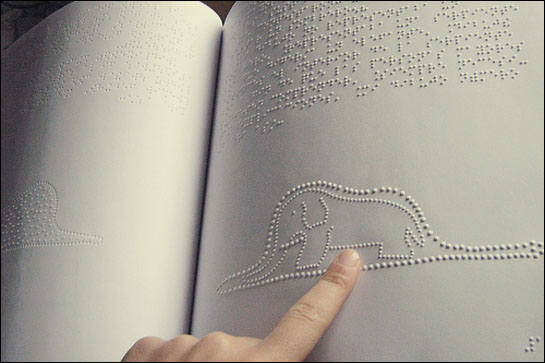
Branding has finally reached the snobs who think they are above it.
Every Gen Y-er knows about personal branding, and every Silicon Valley social media maven has one eye on their Klout score. But this year the New York Times declared that branding is a must-do for psychologists. You can’t make money if you don’t have a brand.
I was thrilled to read this because I have thought for many years that my therapists could benefit from having me help them run their careers. But whenever I ventured into this territory, the therapist invariably did something annoying like reminding me of client-therapist boundaries. Now, though, it’s clear: they should hire me.
Also, in case you think you are not in a field that requires branding, there is now officially nothing without a brand. Because look, even Liechtenstein is rebranding itself as a party room: Harper’s magazine reports that you can rent the whole country for the evening for $20,000.
The thing is that most people don’t want to brand themselves as a party room; they want to be known for being creative. Which makes sense because really, we are all creative – to be human is to be creative. But you have to work hard at it to be good. Read more










